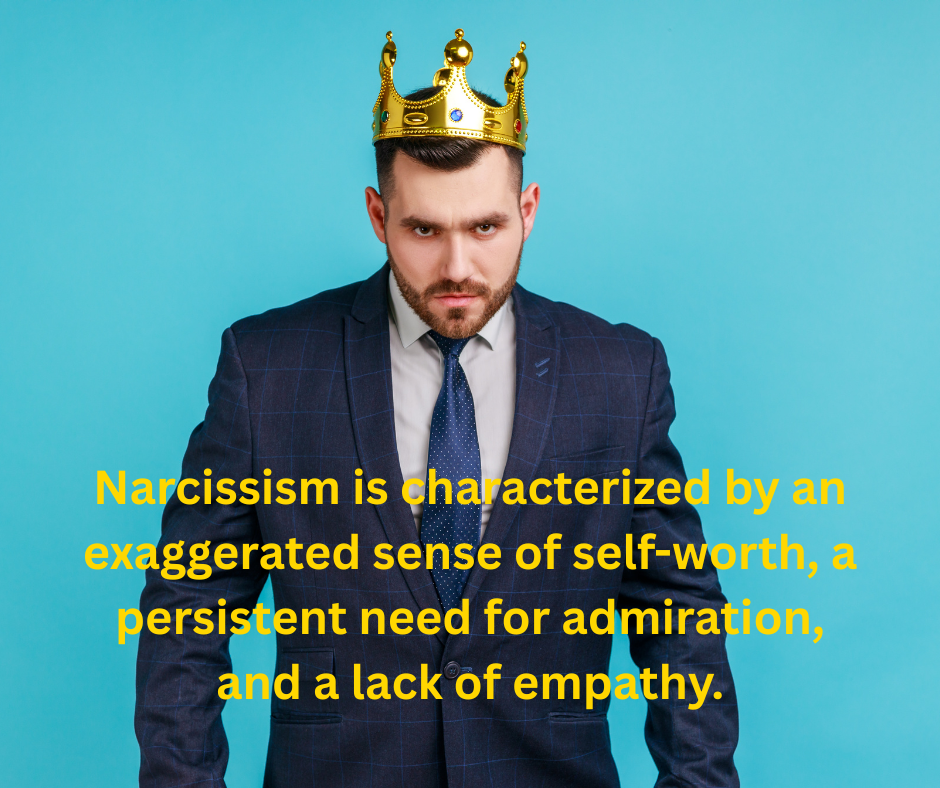
Imagine landing your dream job, securing a pivotal client, or forging a promising business partnership. Now imagine that dream slowly dissolving into a nightmare, orchestrated by someone whose charm masks a deep-seated need for control and admiration. While we typically associate narcissism with personal relationships, its insidious influence is alarmingly common in the professional sphere, posing profound threats to your career, finances, and even your mental health. Recognizing these hidden dangers isn’t just smart business practice; it’s essential for survival.
The Allure: A Business “Honeymoon”
The initial phase with a narcissistic individual in a professional setting can be incredibly seductive. This isn’t just a strong first impression; it’s a calculated “charm offensive” designed to reel you in. Think of a potential boss offering an unbelievably clear path to success, or a business partner painting a picture of unparalleled growth and mutual gain.
They’ll “sell you a dream” – a vision so compelling it feels custom-made for your aspirations. They’ll appear charismatic, highly competent, and full of limitless potential. This is their “love bombing” equivalent in business, where your initial enthusiasm is a powerful tool they’ll later exploit. However, this dazzling facade often crumbles, revealing a stark and painful reality far from the promised land.

Red Flag: Weaponizing Your Weaknesses
A key characteristic of a narcissist is their uncanny ability to quickly identify and exploit your vulnerabilities. They’re not looking to understand you with empathy; they’re gathering intelligence. Whether it’s your ambition for success, your fear of failure, your unwavering loyalty, your core values, or even your financial circumstances, they’ll pinpoint what matters most to you.
Once identified, these vulnerabilities become their tools for manipulation. Why? Because the narcissist often lacks genuine self-worth or competence. By leveraging your strengths and desires, they can compensate for their own deficiencies, creating a twisted dependency. They might use your desire for recognition to push you past your limits, exploit your fear of failure to control your decisions, or take advantage of your financial needs to ensure your compliance. Their aim is always to gain leverage, pressure you into actions you wouldn’t typically consider, and emotionally and mentally destabilize you, making you easier to dominate.
The Erosion of Reality: Gaslighting in the Professional Sphere
After the initial “honeymoon” period, a troubling disconnect emerges between their words and their actions. Promises remain unfulfilled, and outcomes fall far short of expectations. This is where gaslighting begins to take hold – a deliberate tactic to make you doubt your own perception and sanity.
Your gut will tell you something is wrong. You’ll sense that what they say doesn’t align with what they do, or that promised results aren’t materializing. When you start to question their behavior, they’ll twist the narrative. They might flat-out deny previous statements, invent minor successes, or fabricate data to confuse you. The goal is to blur the lines between truth and deception, making it impossible for you to trust your own judgment.
They’ll then turn the tables, implying that your concerns are unfounded, that you’re being irrational, or that you lack trust. Questions like “Why are you so suspicious?” or assurances such as “You can always trust me” are designed to deflect blame and keep you off balance. By forcing you to defend your own perceptions, they prevent you from holding them accountable for their failures.

The Heavy Toll: Becoming a Narcissist’s “Resource Battery”
The impact of a narcissistic business relationship can be devastating. Constant manipulation, gaslighting, and the feeling of being exploited can lead to severe stress, burnout, and long-term health issues. In shared ventures, their reckless financial decisions, broken agreements, and disregard for your well-being can even culminate in personal bankruptcy.
For a narcissist, your worth is often purely transactional; you are merely a “resource” to be utilized for their own advancement. You become an “energy battery” – a source of ideas, labor, financial capital, or social connections that they can tap into to build their own empire. Lacking the internal drive, persistence, or genuine empathy to achieve healthy, sustainable success, they depend on extracting these qualities from others.
Because most of us approach professional relationships with an inherent trust and an expectation of fairness, we are particularly susceptible to their predatory tactics. Our expectation of rational behavior and honesty clashes with their self-serving agenda, leaving us vulnerable to significant harm. The personal and professional costs are immense. Falling victim to a narcissistic business dynamic can mean losing savings, assets, your professional standing, and even your self-confidence.
Protecting Yourself and Rebuilding Your Future
Recognizing the indicators of narcissism in business is the vital first step toward self-protection. This involves:
Trusting your intuition: If something feels off, it probably is.
Meticulous documentation: Keep records of conversations, agreements, and outcomes.
Setting clear, firm boundaries: Communicate your limits and stick to them.
Having the courage to withdraw: If the situation is irrecoverable, prepare to exit.
Understanding that the behavior you’re experiencing isn’t a reflection of your inadequacies or mistakes, but rather an expression of the narcissist’s deeply dysfunctional patterns, is crucial for your healing.
Sadly, recovering from such a devastating experience often requires years to rebuild your professional life. It’s not just about finding a new job or starting a new venture; first, you must contend with the significant financial, legal, and emotional fallout left in your wake. Seeking legal counsel or joining support groups can be invaluable during this recovery journey. Navigating the business world effectively demands not only professional acumen but also a keen awareness of human behavior, including its darker aspects, to protect yourself and cultivate healthy, lasting professional connections.